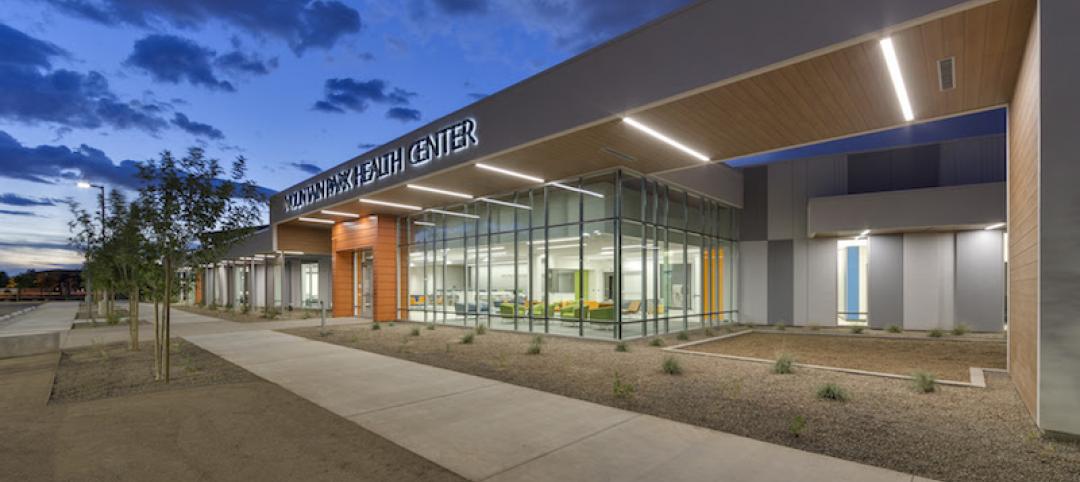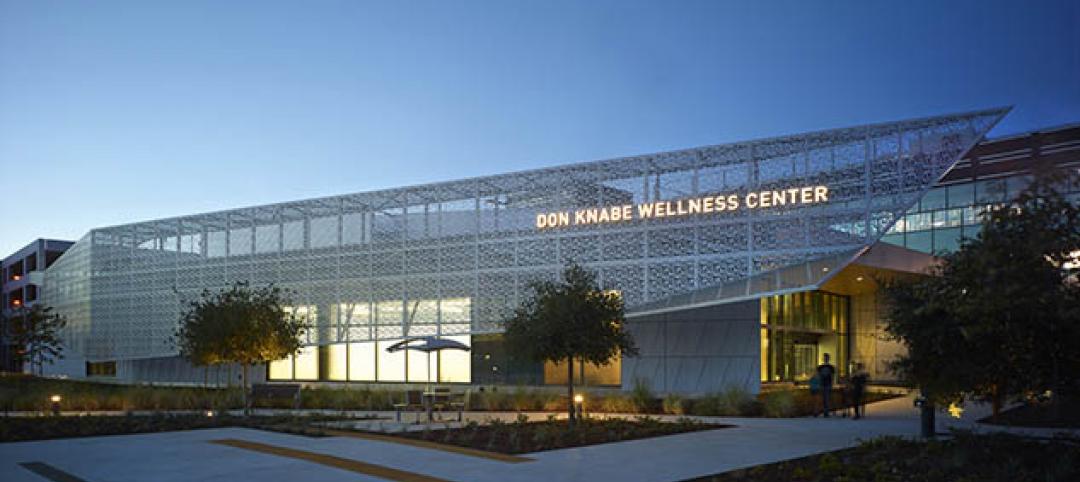In the first quarter of 2016, there were 163 transactions of medical office buildings totaling more than $1.8 billion in volume, according to estimates by CBRE, the nation’s largest real estate services provider, in its latest “National Healthcare Real Estate Investor Update.”
By far the largest transaction occurred last January, when a joint venture between Chicago-based Heitman Capital and Denver-based NexCare Group paid $199 million to acquire the 227,628-sf First Hill Medical Pavilion in Seattle.
That facility, which last year underwent an extensive renovation and 63,000-sf addition, is positioned adjacent to the Swedish Medical Center campus that’s part of Providence Health & Services healthcare system, which leases 65% of First Hill. (The architect of the reno and expansion was CollinsWoerman; the GC was Lease Crutcher Lewis.)
CBRE observes that the healthcare section continues to be “one of the strongest job generators in the American economy.” Quoting Bureau of Labor Statistics data, CBRE notes that between April 2015 and April 2016, healthcare produced 482,000 jobs, or roughly 18% of the 2.7 million nonfarm jobs formed in the U.S. during that period.
Last year, the number of uninsured Americans stood at 9.1% of the total population, the first time in the country’s history that number had fallen below 10%. Last year’s future compares to 16% in 2010, the year the Affordable Care Act was enacted.
CBRE also points to a recent Accenture study of six years of hospital margin data and patient satisfaction scores. Top-ranking hospitals achieved markets that, on average, were 50% higher than those with average scores. The top hospitals’ revenue growth also outpaced their operating expenses.
The healthcare sector could become even more attractive to certain investors after new regulations went into effect in April that mandate greater transparency and disclosure for non-traded REITs in such areas as per-share valuation and dividend distribution.
The new regs prohibit the public offering of securities of a REIT or direct participation program unless the sponsor agrees to annually disclose (at a minimum) the per-share value of each security.
“Investors of non-traded healthcare REITs now stand to benefit from these regulations aimed at fundamentally revising this investment product that has long been characterized with nontransparent share prices and high commissions,” CBRE writes. “Healthcare real estate is still very much in demand and will continue to attract broker-dealers to offer the non-traded REIT products. The existing sponsors in the market are expected to continue to thrive while making it more difficult for new sponsors to enter the space.”
Related Stories
Healthcare Facilities | Oct 5, 2017
Architectural best practices for behavioral health: A case study at VCBR
Confined treatment centers for civilly-committed individuals.
Healthcare Facilities | Sep 29, 2017
Having a vision
The ability to clearly communicate specific priorities to your team is among the most important tasks the owner’s leadership team will perform.
Healthcare Facilities | Sep 21, 2017
Boat dealership becomes Tempe’s newest health clinic
The new space was designed with community input to be used by patients and non-patients alike.
Healthcare Facilities | Sep 19, 2017
Small UCHealth hospital in Longmont, Colo., designed with ability to grow over time
UCHealth Longs Peak Hospital opened for first patient on August 31.
Laboratories | Sep 12, 2017
New York City is positioning itself as a life sciences hub
A new Transwestern report highlights favorable market and regulatory changes.
Healthcare Facilities | Sep 5, 2017
Home away from home: Children’s hospitals that soothe, support, and distract
Building Teams help children’s hospitals create a sense of normalcy for patients and their families.
Healthcare Facilities | Sep 1, 2017
Caring for caregivers
Many healthcare organizations are increasingly focused on designing amenities, policies, and workplaces to better support their clinicians, health providers, and administrators.
Healthcare Facilities | Aug 30, 2017
Proactively addressing population health while improving access to care
The Golisano Center for Community Health offers integrated care to adults and children.
Giants 400 | Aug 29, 2017
Top 110 healthcare construction firms
Turner, McCarthy, and Skanska top BD+C’s ranking of the nation’s largest healthcare sector contractor and construction management firms, as reported in the 2017 Giants 300 Report.
Giants 400 | Aug 29, 2017
Top 80 healthcare engineering firms
WSP, AECOM, and KJWW top BD+C’s ranking of the nation’s largest healthcare sector engineering and EA firms, as reported in the 2017 Giants 300 Report.

















